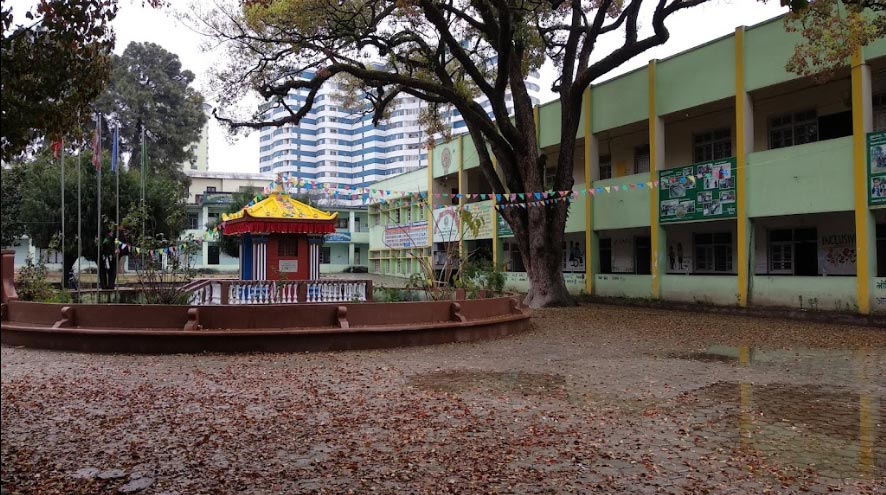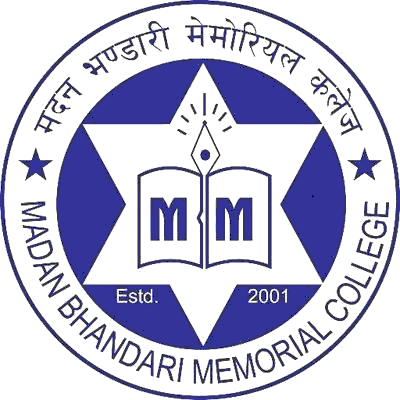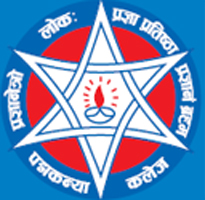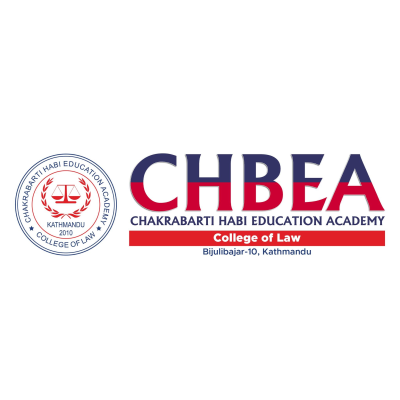Overview
Master of Arts in English (MA English) at Dillibazar Kanya Multiple Campus
MA English at Dillibazar Kanya Multiple Campus (DKMC), Dillibazar, Kathmandu, offers a Tribhuvan University (TU) postgraduate pathway across literature, language, and theory in four semesters. You read deeply, write often, and present ideas that link texts to society.
Students and guardians ask about reading load, elective choices, and the research paper. This course note explains essentials so you can plan time and stay consistent.

Highlights
-
Affiliation: Tribhuvan University (Faculty of Humanities and Social Sciences)
-
Level: Master’s (Postgraduate)
-
Duration: 2 years, 4 semesters
-
Credit load: As prescribed by TU for MA English
-
Seat capacity: 50
-
Assessment pattern: Internal evaluation plus end-semester exams; research paper or thesis pathway as per TU
-
Campus setting: Women’s public/community campus at Dillibazar, Kathmandu
Overview with Introduction
MA English at DKMC builds careful reading and clear academic writing. You study poetry, drama, fiction, literary theory, and linguistics. Teachers guide seminars that ask for evidence and fair argument. The aim is not only to pass exams but also to learn habits that help in teaching, editing, media, research, and public communication.
Curriculum details
Semester plans follow TU documents and campus feasibility. Core strands appear across the two years.
-
Literary studies: Major authors and movements in poetry, drama, and fiction; close reading and historical context
-
Theory and criticism: Classical to modern frameworks that help you analyze texts and culture
-
Linguistics: Phonetics/phonology basics, morphology/syntax, semantics/pragmatics, and applied areas
-
Research component: Research Methodology, proposal writing, ethics, data use, and a thesis or long paper
-
Electives and seminars: Focused topics such as South Asian writing, translation studies, or discourse themes (offered as feasible)
Reading lists include primary texts and critical essays. Students maintain citation records to avoid errors near submission time.
Objectives
-
Strong reading habit: Build stamina for long texts without losing accuracy.
-
Academic writing: Write essays that use sources properly and avoid claims without evidence.
-
Linguistic tools: Apply basic analysis to language data and classroom tasks.
-
Research practice: Narrow a topic, design a method, and write a clear report.
Scope
Graduates find roles in teaching, editing, translation, content development, media support, and cultural institutions. Some move to MPhil/PhD. Others contribute to communication work in NGOs or the private sector.
Learning outcomes
Students who complete MA English at DKMC usually can:
-
Frame an argument about a text, movement, or theme and defend it with sources.
-
Differentiate theoretical positions and use them carefully in analysis.
-
Apply linguistic concepts to classroom or editorial tasks.
-
Produce a research paper with clean structure, references, and appendices.
-
Present ideas in seminars with respectful discussion.
Skill development modules
-
Academic writing clinic: Thesis statements, paragraph unity, cohesion, and citation style.
-
Seminar practice: Handouts, slide preparation, and time control.
-
Language analysis: Transcription basics, sentence parsing, and discourse notes.
-
Editing tools: Proofreading marks, consistency checks, and stylesheet use.
-
Research toolkit: Topic scoping, literature mapping, and data management.
Teaching methodology
-
Lectures and seminars: Text walkthroughs, theory mapping, and student-led discussion.
-
Workshops: Close reading drills, essay drafting, and feedback cycles.
-
Internal evaluation: Response papers, mid-terms, presentations, and term projects.
-
Supervision: Proposal approval, chapter milestones, and final viva or defense.
-
Exam orientation: Past-paper practice and strategy for timed writing.
Admission requirements
-
Minimum qualification: Bachelor’s degree (BA or equivalent) from a recognized university
-
Academic standing: As prescribed by TU for MA English in the current session
-
Selection: Merit screening; test or interview if announced in the campus notice
-
Documents: Application form, photos, transcripts, character certificate, citizenship/ID, migration (if applicable)
-
Seat capacity: 50 (follow the latest DKMC/TU notice for any update)
Career opportunities
-
Teaching and training: College-level teaching with required qualifications; tutorial support; language labs
-
Editing and content: Copyediting, proofreading, style checks, and content planning
-
Media and communication: Script assistance, features, and research support
-
Translation and interpretation: Community projects, publishing houses, and organizations
-
Research and culture: Project documentation, archives, and literary programs
Scholarships and financial aid
-
Merit route: Partial fee relief for strong semester results where policy allows.
-
Need route: Limited support for documented financial need within campus rules.
-
Activity route: Cultural or academic contribution considered if announced.
Applicants should track notices, collect proofs early, and file within deadlines.
Why choose this course?
Students who enjoy reading and writing will find MA English at DKMC steady and purposeful. You learn to argue with texts, use theory carefully, and write research that respects academic integrity. Guardians value TU recognition and a campus schedule that encourages disciplined study.
Conclusion
MA English at DKMC offers a focused TU route into literature, theory, and linguistics. Regular seminars, early drafts, and careful citations help you manage reading loads and avoid submission stress. Students who keep a weekly reading log and draft on time usually enter exams with confidence.
FAQ
Q1. Does MA English include a thesis?
Yes. A thesis or a long research paper runs under TU rules with supervision.
Q2. Will I study linguistics as well as literature?
Yes. Core linguistic areas support teaching and editorial skills.
Q3. How heavy is the reading load?
Reading is substantial. Students use weekly targets and summaries to stay on track.
Q4. What preparation helps before joining?
Revise critical terms, grammar basics, and citation styles. Build a reading list of major texts.
Q5. Can I teach after MA English?
Yes. Many graduates teach at higher levels. Separate eligibility rules may apply for specific posts.




















